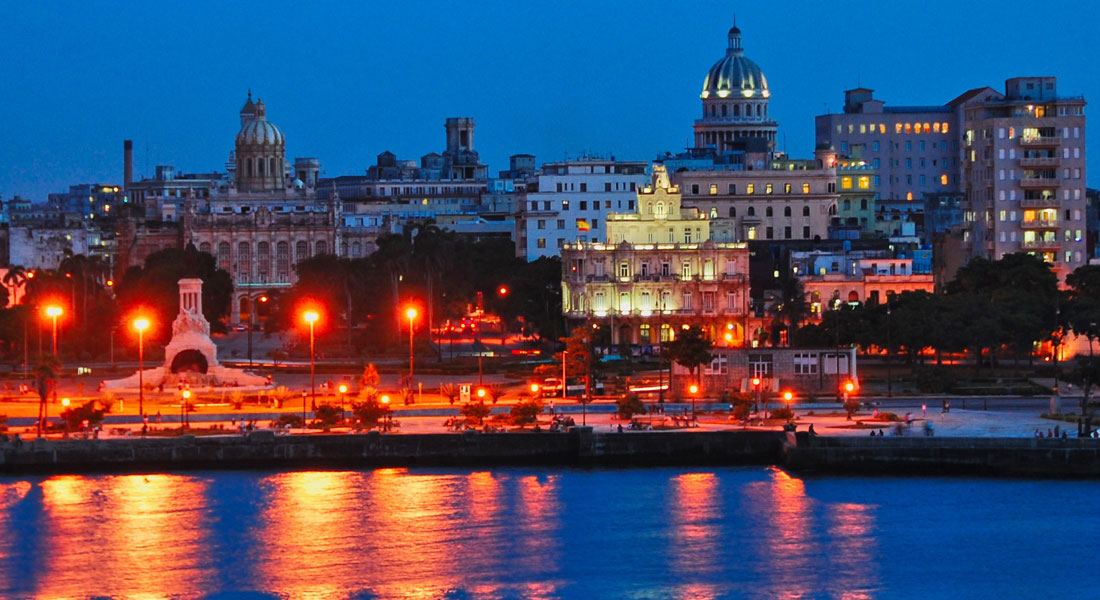On June 16, President Donald Trump signed a directive ordering new travel restrictions for Cuba. Despite stating that they would reverse restrictions eased by the Obama administration, he largely left current policy intact. In fact, the directive “will have no effect” on superyachts setting their sights on Cuba from American shores in the near future. This is according to maritime law firm Moore & Co. What’s more, the law firm believes little will change for the long term, too.
Clay Naughton, a partner at Moore & Co., says, “Treasury issued a statement (that day) in anticipation of the President’s announcement, specifying that persons subject to U.S. jurisdiction will still be able to engage in authorized travel to Cuba by cruise ship or passenger vessel.”
The Obama administration created 12 exceptions to the Cuba embargo. One, for example, permits Americans to self-certify that their travel is a cultural or educational exchange. (On a side note, self-certified travelers must keep records of their encounters for five years.) While the eased restrictions still prevent U.S. citizens from vacationing in Cuba, some people view the self-certify exception as largely allowing it. President Trump’s directive targets this exception.
The Departments of the Treasury and Commerce now have 30 days to draft new regulations eliminating it. These regulations will reinstate the policy prior to 2016. This will still allow cultural and educational exchanges, termed People to People missions. However, they can only occur through a U.S. government-approved tour group.
While this sounds like superyacht visits won’t make the cut, Naughton says that’s not the case. “Even in the long term, the changes for our clients will be imperceivable because we have always ensured they followed the letter of the law,” he states.
The Office of Foreign Assets Control (OFAC), a division of the Department of the Treasury, enforces the law. The law has a few stipulations. First, Americans arriving in Cuba by sea from an American port must have a valid passport. The same is true for any non-Americans arriving via sea from a U.S. port. Furthermore, the vessel requires a permit issued by the U.S. Coast Guard and Homeland Security. Finally, you need an OFAC-compliant, People to People itinerary. Moore & Co. provides its clients with assistance in complying with these.
“Our clients continue to travel to Cuba by private vessel as long as they have the proper permitting and the purpose of their travel is authorized under one of the remaining OFAC exceptions,” Naughton concludes.










Leave a Reply